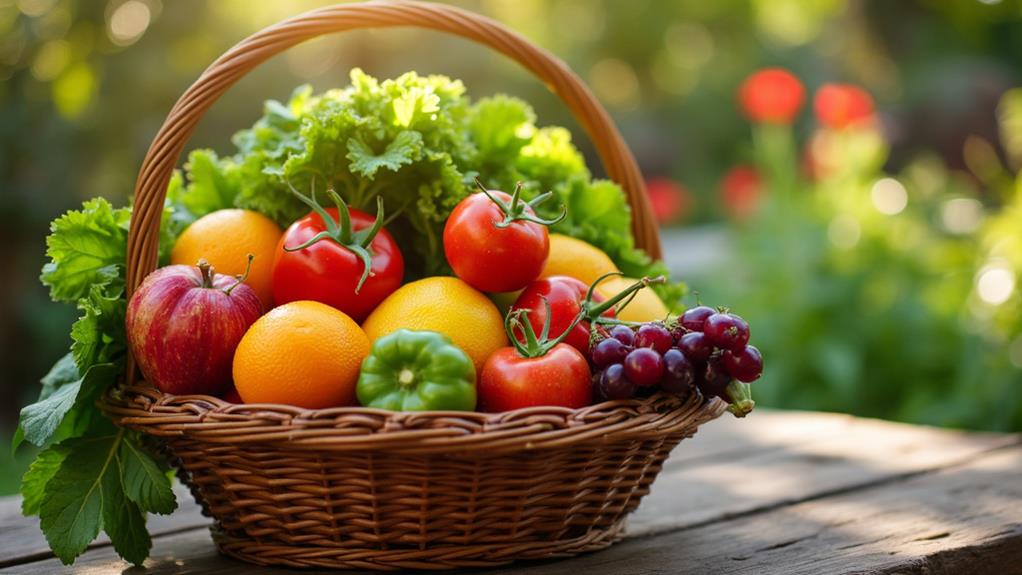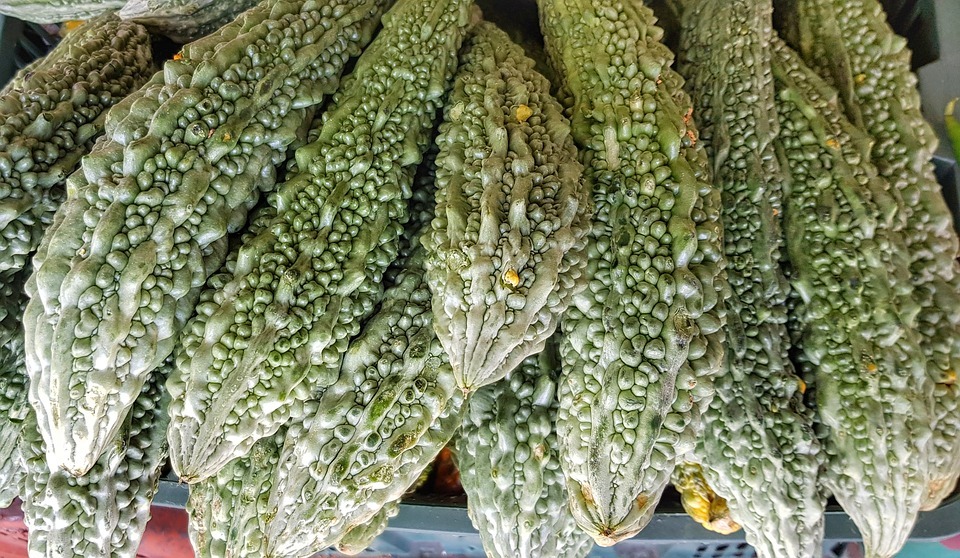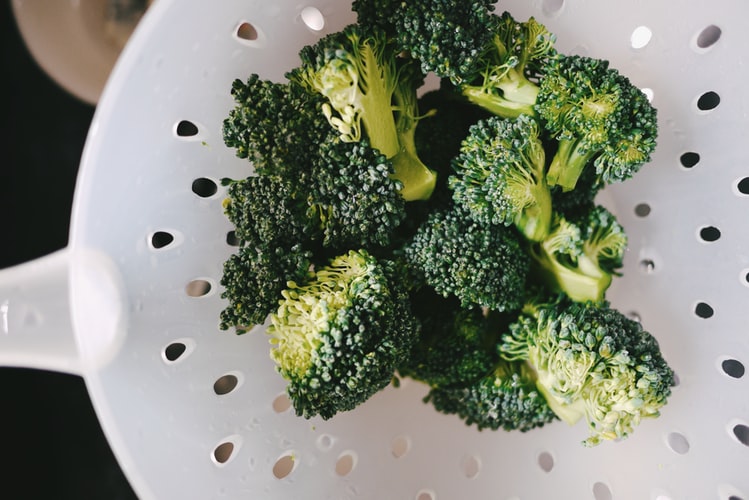Understanding Juice Certification: How Is Juice Certified Organic?

When you pick up a bottle of juice with the USDA organic seal, it signifies more than just the absence of synthetic pesticides. Achieving this certification involves a comprehensive process that includes sustainable farming practices and annual inspections by USDA-accredited certifiers. These certifiers also conduct unannounced visits to ensure ongoing compliance. Interested in how these stringent standards affect the juice you consume and the environment? Let's explore the steps involved in transforming fresh produce into certified organic juice and the implications for your health and the planet.
USDA-Certification Process
Achieving USDA certification for your farm requires strict adherence to organic practices and a commitment to sustainability. To obtain this certification, you must demonstrate compliance with established organic standards through a detailed and multi-step process that ensures the integrity of your organic produce.
First, USDA-accredited certifiers conduct comprehensive inspections. These inspectors examine neighboring land and powerlines to prevent contamination from non-organic sources. They also assess erosion prevention methods, irrigation sources, and farming equipment to confirm that all aspects of your farm align with sustainable practices. This meticulous process highlights the importance of maintaining strict organic standards throughout your operations.
Annual inspections are crucial for maintaining your USDA certification. These inspections, which may include unannounced visits, verify your ongoing compliance with USDA organic regulations, ensuring that your farm consistently meets the high standards required for organic certification.
Additionally, USDA-accredited certifiers undergo regular audits to maintain the integrity and accuracy of their inspections. This rigorous oversight ensures that the certification process remains transparent and trustworthy, providing consumers with confidence in the organic label. By adhering to these standards, you can proudly market your produce as USDA-certified organic.
Pest Management in Organic Farming
Effective pest management in organic farming focuses on fostering healthy ecosystems that naturally regulate pest populations. Organic farming prioritizes practices like crop rotation and intercropping to manage pests without synthetic pesticides. These methods support soil health and biodiversity, which are crucial for organic certification.
Preventative measures such as mulching and burning crop residues create environments less conducive to pests. Since synthetic pesticides are prohibited, farmers use non-synthetic materials and natural deterrents for pest issues.
Biological and botanical pest control methods are used as a last resort, emphasizing the importance of maintaining a balanced ecosystem. Healthy ecosystems in organic farming systems generally encounter fewer pest problems due to increased biodiversity and robust soil health.
Environmental Impact of Organic Farming

Choosing organic farming is not merely selecting an agricultural method; it's endorsing a practice that significantly enhances environmental health. Organic farms improve soil health and microbial activity, creating a more sustainable ecosystem. Unlike conventional farming, which often relies on chemicals that contaminate soil and water, organic methods support cleaner, safer environments.
The benefits of organic farming extend to preserving local wildlife and beneficial insect populations. By avoiding harmful pesticides, organic farms promote ecological balance and help maintain biodiversity. When you select USDA-certified organic products, you're contributing to the protection of diverse species and natural habitats.
Moreover, organic practices enable crops to withstand environmental stresses such as drought and disease without needing chemical interventions. This resilience is vital for sustainable agriculture and ensures that resources are used efficiently. Organic ingredients are grown using environmentally-friendly methods, emphasizing conservation and resource cycling.
Opting for organic is a commitment to supporting farming practices that prioritize the health of our planet. Thus, when you choose organic, you're endorsing a system that values environmental health, sustainability, and biodiversity.
Health Benefits of Organic Food
Opting for organic food offers numerous health advantages that go beyond merely avoiding synthetic chemicals. When you choose organic foods, you significantly reduce your exposure to harmful synthetic pesticides linked to serious health issues like cancer and birth defects. This decrease in toxic exposure alone can markedly improve your overall well-being.
Organic products, marked with the organic seal, often contain higher levels of essential nutrients and antioxidants. These antioxidants play a crucial role in combating oxidative stress and cellular damage, which can reduce your risk of chronic diseases. By choosing organic, you're not just avoiding harmful substances; you're also gaining more beneficial nutrients that your body needs to flourish.
Furthermore, organic foods generally have lower concentrations of heavy metals, reducing the risk of toxicity. Heavy metal exposure through diet can lead to severe health issues over time, so minimizing their presence can offer long-term health benefits. By incorporating more organic products into your diet, you're taking a proactive step toward better health. The organic seal signifies a commitment to a healthier lifestyle with fewer health problems in the future.
Nutritional Advantages of Organic Produce

Organic produce offers numerous nutritional benefits that can enhance your overall health. Choosing USDA-certified organic food means opting for produce with higher levels of antioxidants. For example, organic onions contain significantly more antioxidants than conventionally grown ones. These antioxidants are essential for combating oxidative stress and boosting your immune system.
Additionally, cold-pressed juices made from certified organic ingredients retain more vitamins and minerals than those made using traditional methods. This results in a nutrient-dense drink that supports your general well-being. The cold-pressing process preserves the nutritional integrity of the produce, ensuring you receive maximum benefits.
Another significant advantage of organic food is its lower concentration of heavy metals, reducing the risk of toxicity and related health issues. Organic diets also limit exposure to harmful synthetic pesticides, which are associated with cancer and developmental problems. By consuming organic produce, you minimize these risks and promote long-term health.
Incorporating certified organic food into your diet not only lowers toxin exposure but also supports better overall health and reduces the risk of chronic diseases. Given these benefits, switching to organic produce is a wise choice for your health.




